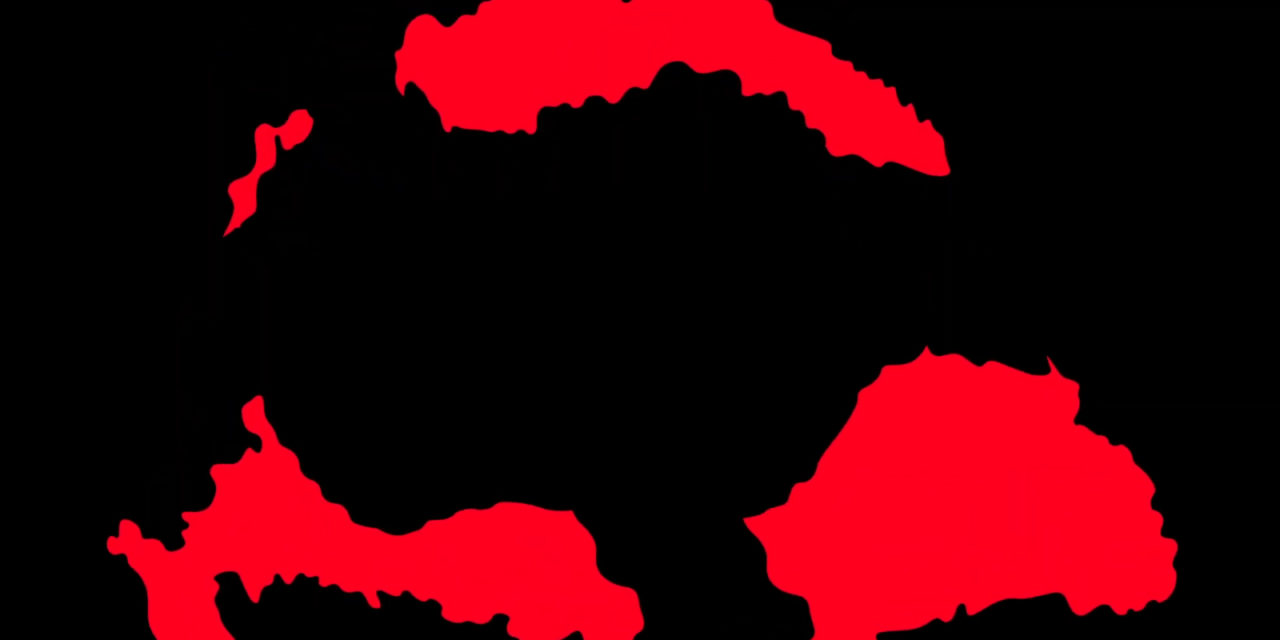A recent poll in Romania revealed, among other interesting things, that almost fifty percent of Romanian society believes that the Hungarians are trying to regain Transylvania.
While reading the article about the research, I came to the conclusion that our eastern neighbors know us very well, they feel exactly that the Hungarians never give up their rightful property. However, the Romanians' fears are only partially justified, as the Hungarians are not planning any violent border changes. The healthy-thinking Hungarian majority approaches the issue of border changes from a completely different perspective. At the outset, however, it must be clarified that if anyone sincerely believes in the immutability of borders, or in the fact that even centuries from now the peoples of our continent will live side by side within the framework of the European Union, then I recommend that they reevaluate their beliefs in the light of the history of the great European monarchies .
It is enough to imagine what our great-grandparents would have said if someone had told them at the beginning of the nineties that by the end of 1920 the Russians would kill the tsar, the Germans would distract the emperor, the Austro-Hungarian Monarchy would collapse and be built on the ruins decades later. Slovakia, the Romanians will get Transylvania, and the Ukrainians will keep a small corner of our country after they gain independence.
Well, my great-grandfather was a man who had seen a lot, but I'm sure he wouldn't have known who the Ukrainians were. The explanation for this is that there was no such nation before the First World War. And they had nothing to earn in the Carpathian basin at that time. He must have had some idea about Romanians and Slovaks, but he certainly would not have believed that these little people would one day rule their own, independent country alongside the old nations. However, at the whim of the tides of history, everything happened, even more significant things. The old commissioner would not have believed that the kings would be distracted from everything and that in every country east of Austria the bottom of society would come to power thanks to communism.
I just want to say that no one can think that the ruins of Great Hungary or the states that took part in it will remain permanent formations in world history!
Perhaps the Serbian nation is the only exception that will be able to survive in the future, even in the midst of turbulent changes in Europe. I would not make a larger sum for the future of the others. As we look back over the past few centuries, we see that the Hungarian nation is one of the most secure points around the Carpathian Basin, everything else has changed.
I was lucky enough to watch the blossoming of the Ukrainian nation from relatively close quarters. When I started visiting Transcarpathia at regular intervals twenty-five years ago, the majority of the country was not sure that Ukraine really existed, nor could they say with complete certainty what distinguishes them from the Russians. In a few years, the peoples living in Ukraine became a nation. In other words, with the exception of Transcarpathian Hungarians and Romanians living in the country, the Ukrainian nation was truly created.
After a few years of brilliance, the world fell into autumn again for Ukraine. Nowadays, this casual folk community is falling to pieces again before our eyes. The majority of the population is again uncertain that they are really Ukrainians, but more and more people are doubting that the country really exists.
The Romanians were much luckier with their existence, they can surely know that they have set foot in the line of real nations. We can see this for ourselves when we randomly call beggars on the street in the big cities of Europe and inquire about their nationality. According to the results of my own experiment, ten out of ten Roman beggars proudly declare themselves to be of Romanian nationality.
However, this awareness does not bring joy to all Romanians, more precisely, what makes the Dacian patriots bitter is that the dream of a nation of twenty-three million has been buried due to emigration. About five million people left Romania permanently in the last two decades, eighteen million people currently live on both sides of the Carpathians, of which, according to conservative estimates, at least two million are Gypsies, and almost one and a half million are Hungarians. Regarding the number of Gypsies, it should be mentioned that it is a cautious estimate, experts do not rule out that the number of Gypsies living in Romania could be double the estimated number. Only thirteen to fourteen million Romanians live in the huge country.
The Romanians need not worry, we will never attack them in order to push the Hungarian border back to Bodzafordulo, on the contrary, we will be ready to help maintain order in the Transylvanian areas when the majority joins their colleagues working in Europe and Romania will ring with emptiness. That moment is not so far away.
Of course, I do not wish bad things to any of the neighboring peoples, I just want to record that
we don't have to fight against those who, with a good chance, will simply disappear from history.
What should the Hungarians do while waiting for the revision? First and foremost, we have to start a family and ensure that Hungarians remain the majority in the Carpathian Basin for the next few centuries. Simply put: the future belongs to those who give birth late!
Source: kontra.hu












